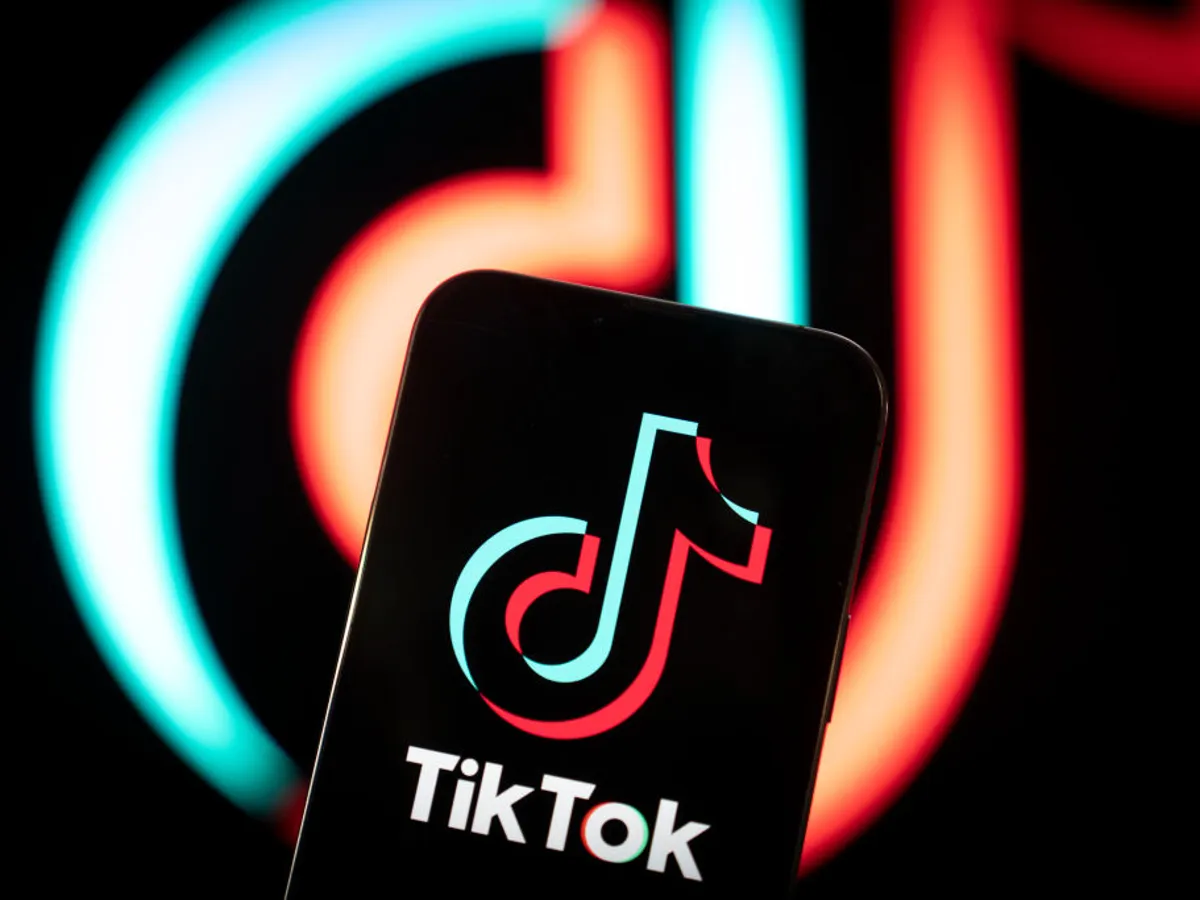In a pivotal moment for the intersection
of technology, national security, and legal jurisdiction, TikTok, the wildly popular social media platform, has initiated legal proceedings against the United States government. The foc

al point of this legal clash? A proposed divest-or-ban bill targeting Chinese-owned tech companies operating within U.S. borders.
The genesis of this legislative proposal
can be traced back to mounting bipartisan concerns over potential national security risks posed by the operations of Chinese-owned companies like TikTok on American soil. Citing fears of data privacy breaches, foreign interference, and espionage, lawmakers have sought to impose stringent measures aimed at safeguarding U.S. interests in an increasingly digitized global landscape.
At the heart of the debate
dichotomy between security imperatives and economic principles of free market competition and innovation. Proponents of the bill argue that the potential risks associated with allowing Chinese-owned tech companies to operate within the U.S. outweigh the benefits, necessitating decisive action to mitigate these threats. From their perspective, measures such as divestment or outright bans are imperative to protect sensitive data and critical infrastructure from foreign influence and exploitation.
Conversely, critics, including TikTok
itself, have vehemently contested the bill’s premises, labeling them as discriminatory and unconstitutional. TikTok, which boasts millions of users worldwide and has become a cultural phenomenon, asserts that it has implemented robust security measures and safeguards to address concerns raised by lawmakers. From establishing data centers within U.S. borders to implementing stringent content moderation policies, the company contends that it has gone above and beyond to demonstrate its commitment to data privacy and national security.
Legal analysts predict a protracted
legal battle characterized by complex constitutional arguments and questions surrounding governmental authority in regulating the tech industry. TikTok’s legal challenge is expected to center on multiple grounds, including potential violations of due process, freedom of speech, and equal protection under the law. The outcome of this legal showdown could set a precedent for the regulation of tech giants and the extent of governmental oversight in an increasingly interconnected digital ecosystem.
Amidst these legal maneuvers
the broader geopolitical context looms large. The U.S.-China relationship, fraught with tensions ranging from trade disputes to allegations of intellectual property theft, casts a long shadow over the proceedings. As governments worldwide grapple with the implications of an increasingly interconnected digital economy, the stakes have never been higher.
In the court of public opinion
perspectives diverge. Some view TikTok’s legal challenge as a necessary defense against governmental overreach and protectionism, highlighting the importance of fostering a competitive and innovative tech landscape. Others echo the concerns raised by lawmakers, emphasizing the need for stringent measures to safeguard national security interests in an era of unprecedented digital vulnerabilities.
As the legal battle unfolds, one thing remains abundantly clear: the outcome will reverberate far beyond the confines of the courtroom, shaping the future landscape of technology regulation, international trade relations, and the delicate balance between security imperatives and economic freedoms in the digital age.




